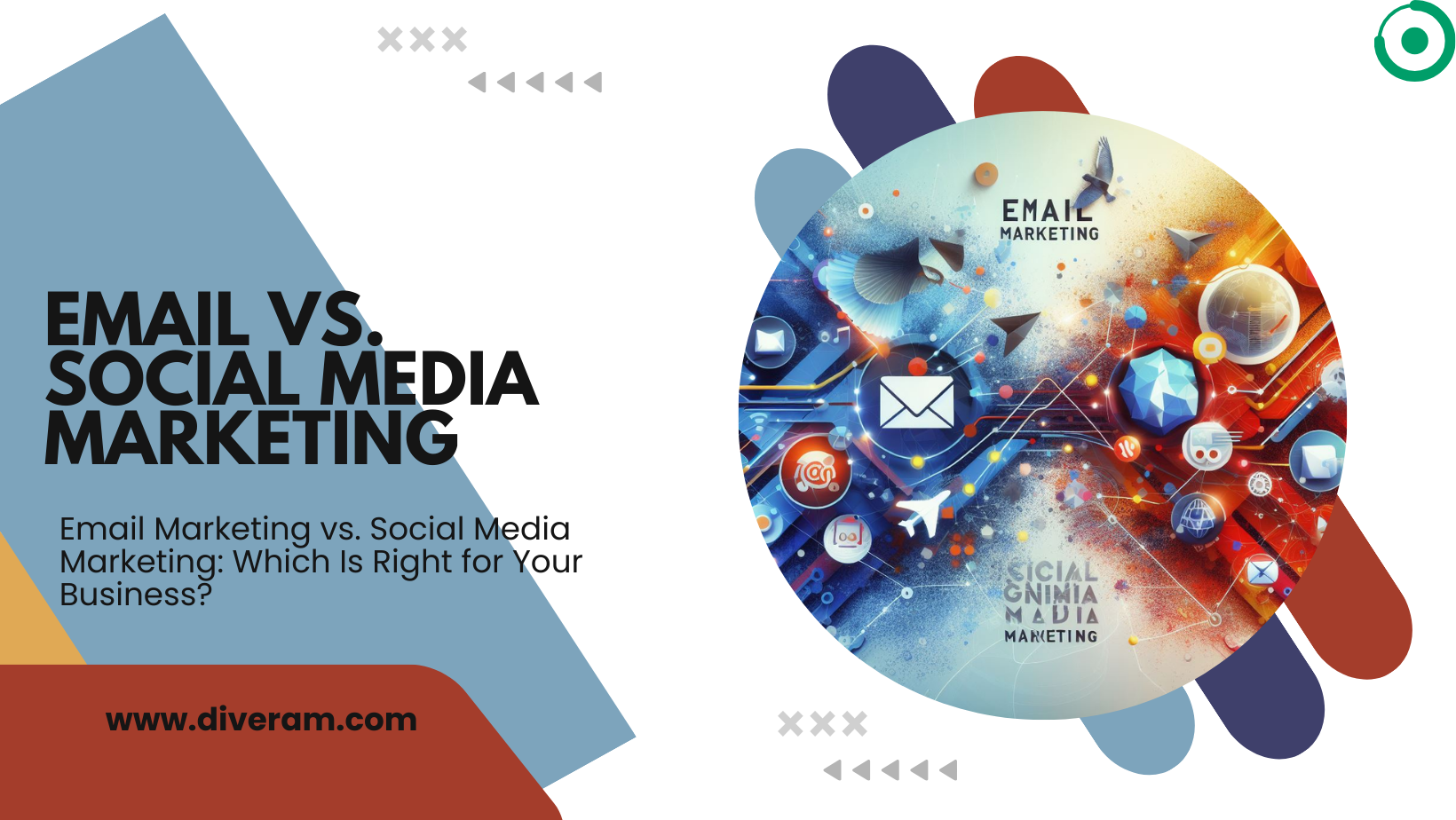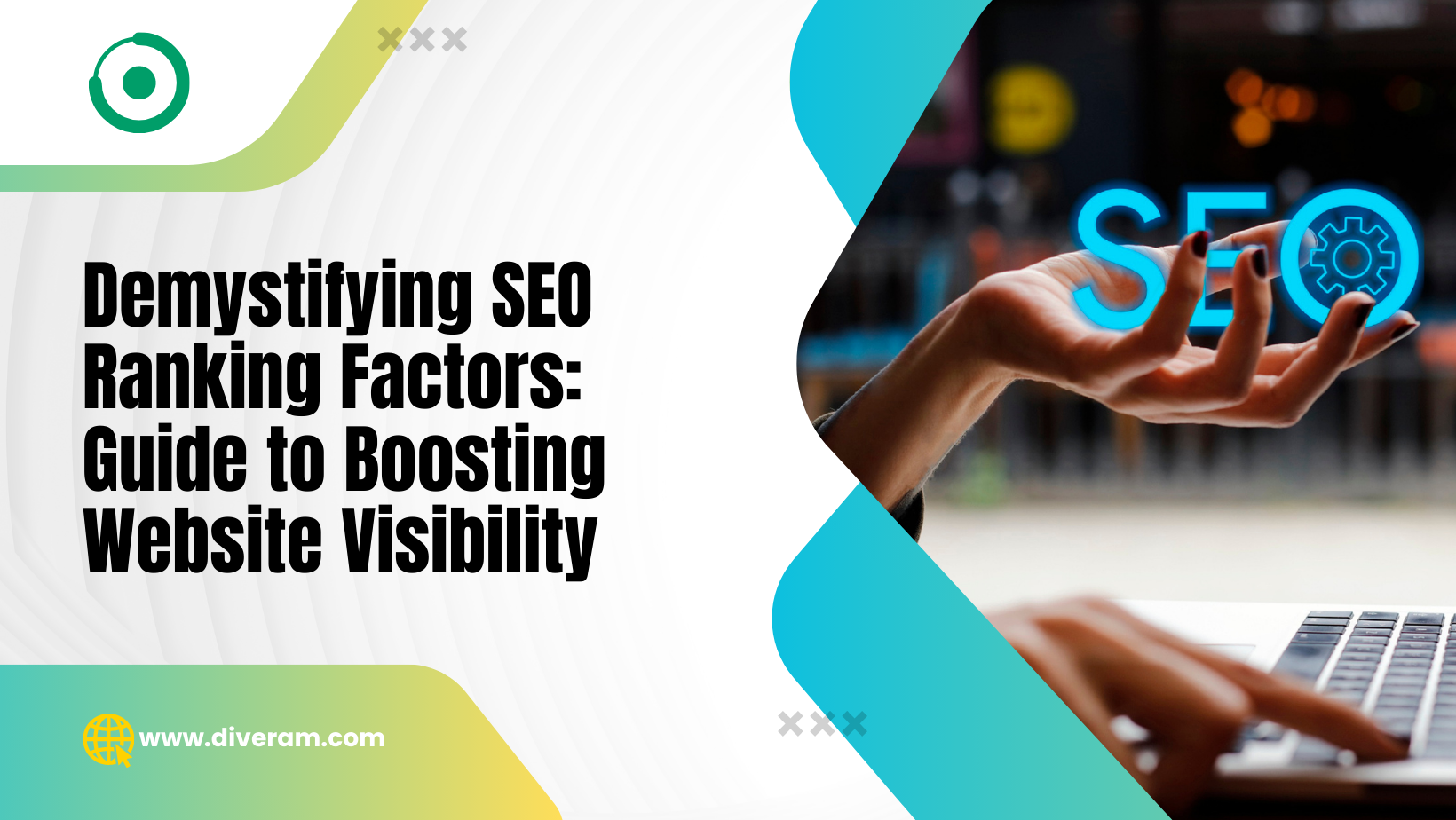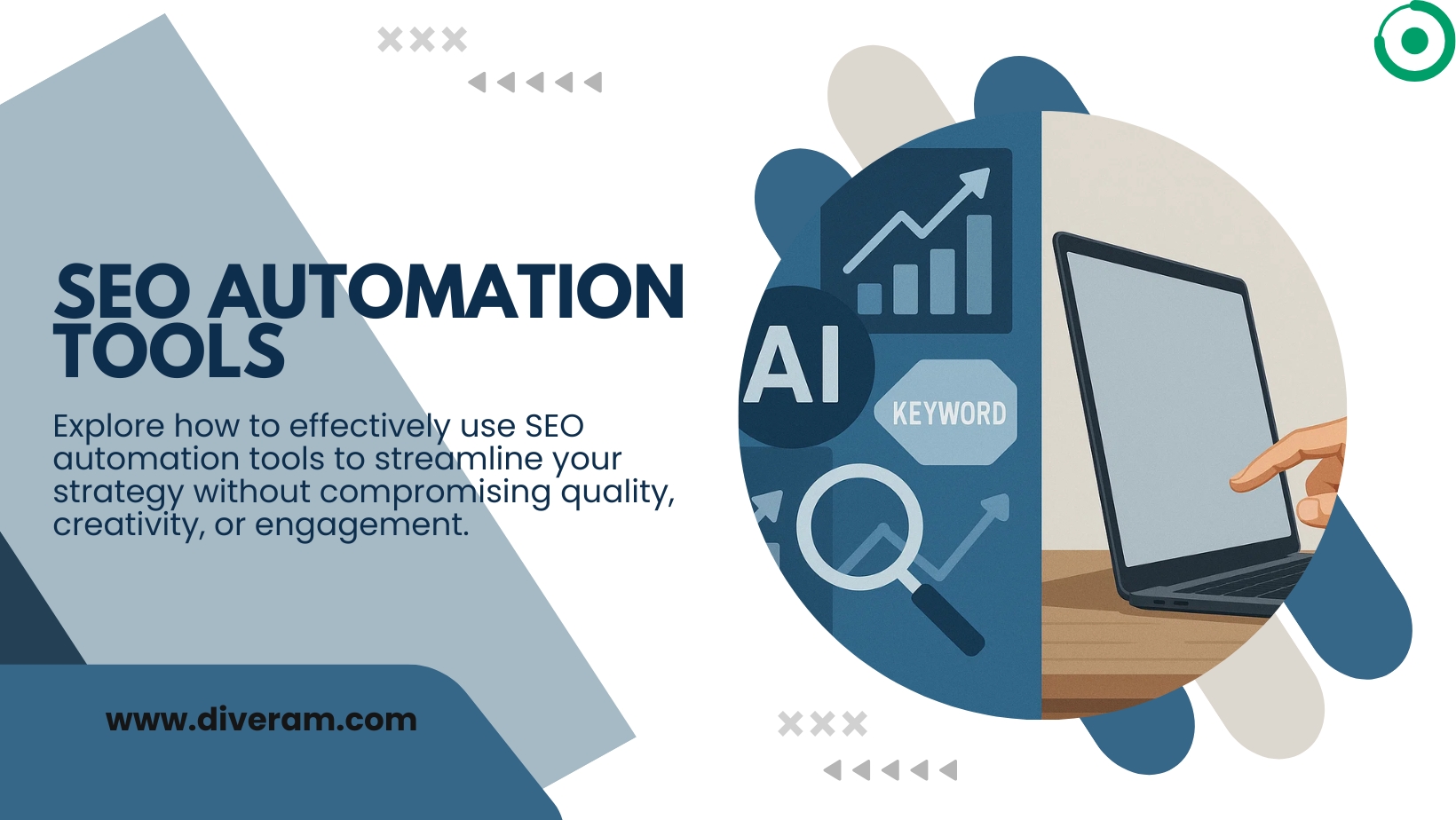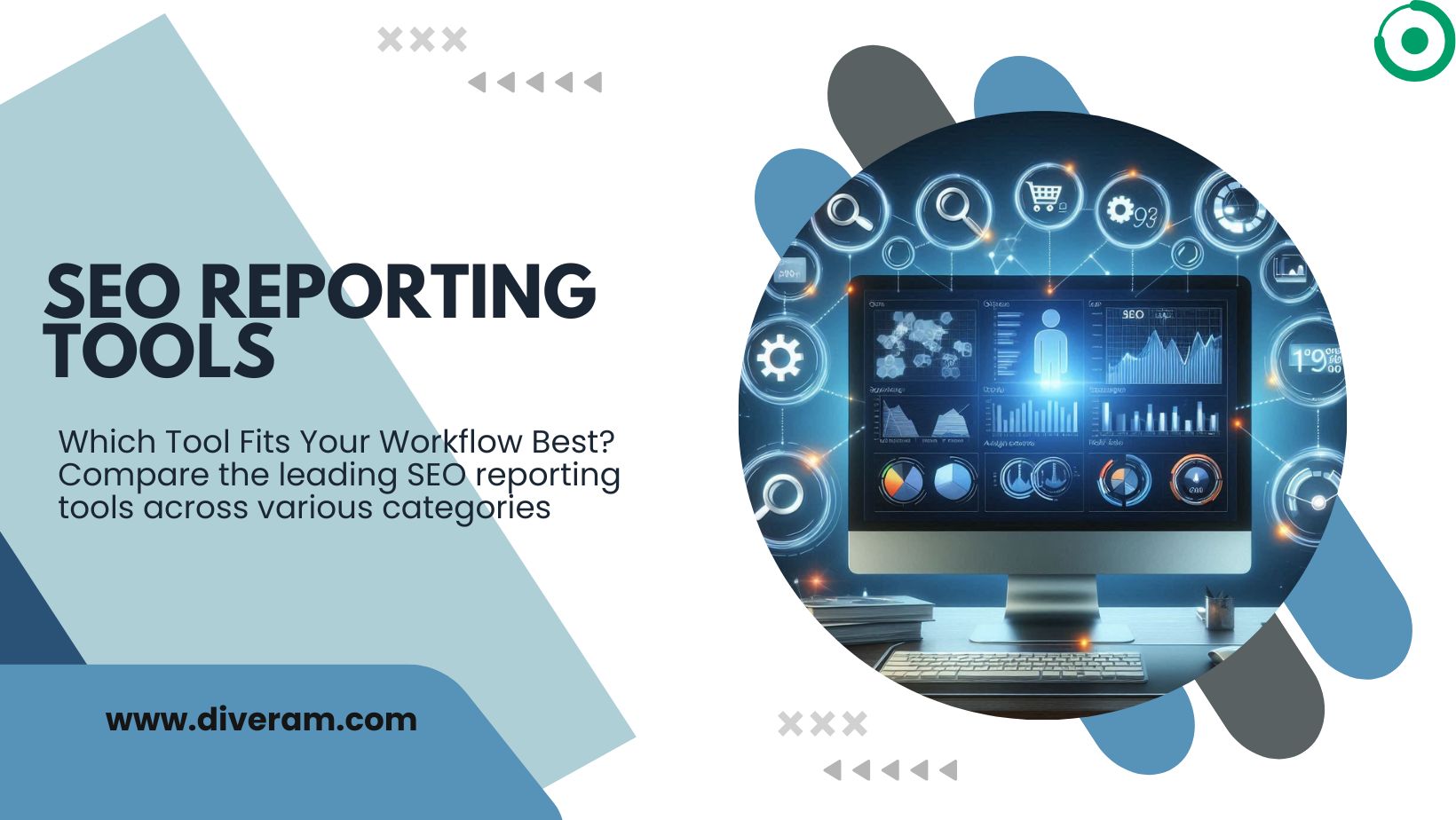Social Media Marketing vs. Email Marketing: Which Is Right?

In the fast-paced digital landscape, businesses often find themselves at a crossroads when deciding on the most effective marketing channels. Email marketing and social media marketing stand out as two prominent contenders, each with its unique set of advantages and drawbacks. In this comprehensive guide, we will explore the intricacies of both strategies to help you determine which aligns better with your business objectives.
Introduction
In a world dominated by digital interactions, understanding the nuances of email marketing and social media marketing is crucial for businesses striving to establish a robust online presence. Email marketing involves the targeted distribution of messages via email, while social media marketing leverages various platforms to engage with a broader audience.

Benefits of Email Marketing
Cost-Effectiveness
Email marketing boasts a cost-effective approach compared to traditional methods. With minimal expenses, businesses can reach a large audience, making it an attractive option for those operating on a tight budget.
Targeted Audience
Segmentation and personalization are the pillars of successful email marketing. Tailoring messages to specific audience segments ensures a more personalized and engaging experience for recipients, leading to higher conversion rates.
High Conversion Rates
Direct communication with potential customers through emails allows for effective conversion tracking and analytics. Businesses can gauge the success of campaigns and make data-driven decisions for continuous improvement.
Automation
Automated email campaigns save time and enhance lead nurturing. Businesses can set up workflows to deliver targeted content based on user behavior, fostering a more personalized customer journey.

Advantages of Social Media Marketing
Increased Brand Visibility
Social media platforms offer a broad reach, enabling businesses to enhance brand visibility. With billions of users on platforms like Facebook, Instagram, and Twitter, social media marketing allows for widespread exposure.
Real-Time Interaction
Direct engagement with the audience in real-time sets social media marketing apart. Businesses can respond promptly to customer inquiries, feedback, and emerging trends, fostering a sense of community and trust.
Diverse Content Opportunities
Social media platforms support a variety of content types, including visuals, videos, and interactive elements. This versatility allows businesses to experiment with different formats, keeping their content strategy dynamic and engaging.
Social Proof and User Trust
User-generated content on social media builds trust and authenticity. Positive reviews, testimonials, and user-generated content contribute to social proof, influencing potential customers’ decisions.

Drawbacks of Email Marketing
Saturation and Spam
The risk of inbox saturation and falling prey to spam filters poses challenges for email marketers. Crafting compelling, relevant content is essential to avoid being labeled as spam.
Dependency on Email Lists
The success of email marketing hinges on the quality of the email list. Businesses face ongoing challenges in building and maintaining a robust, updated list to ensure effective communication.
Design Limitations
While email marketing is effective, it comes with design limitations. Balancing aesthetically pleasing designs with email deliverability remains a challenge, requiring careful consideration.

Challenges of Social Media Marketing
Algorithm Changes
Social media platforms frequently update their algorithms, necessitating ongoing adjustments to marketing strategies. Staying informed about these changes is crucial for maintaining effectiveness.
Organic Reach Decline
The decline in organic reach on social media platforms requires businesses to invest in paid promotions for visibility. Relying solely on organic reach becomes increasingly challenging.
Platform Dependency
Dependence on the policies and changes of specific social media platforms poses a risk. Diversifying the social media marketing strategy across various platforms helps mitigate this dependency.
Determining Factors for Your Business
Audience Demographics
Understanding where your target audience is most active is vital. Tailor your strategies based on audience demographics, ensuring your message reaches the right people on the right platforms.
Marketing Goals
Define specific marketing objectives and align them with the strengths of each channel. Whether it’s lead generation, brand awareness, or customer engagement, choose the channel that best supports your goals.
Content Type and Format
Assess the nature of your content and choose platforms that complement your strategy. Social media’s visual focus might suit businesses with a strong visual identity, while email marketing excels in delivering detailed, written content.
Integration of Email and Social Media
Recognize the synergy between email and social media. A cohesive strategy that integrates both channels can amplify your marketing efforts and create a more holistic brand experience for your audience.
Conclusion
In conclusion, both email marketing and social media marketing offer unique advantages and challenges. The key lies in understanding your audience, setting clear goals, and tailoring your approach accordingly. A balanced strategy that integrates the strengths of both channels can yield optimal results, ensuring your business remains visible and engaged in the ever-evolving digital landscape.




